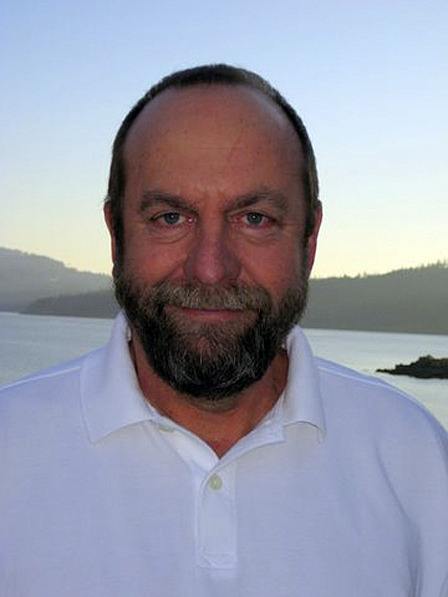by WALLY GUDGELL
The San Juan County Land Bank tax will once again be considered by voters in the upcoming election.
The land bank is funded through a buyer’s excise tax of 1 percent of the price of any real estate purchase, and these funds are used for conservation easements or fee simple purchases of critical areas to preserve them in perpetuity. For example, if a property sells for $400,000, the buyer pays $4,000 to the land bank in addition to other taxes and fees. Surprisingly, in this county, 30 to 40 percent of purchases are made by people who already live here, so a significant portion of land bank funds are paid by San Juan County citizens.
I served on the original Open Space Committee that started the San Juan County Land Bank. With others, I helped lobby the bill through the state legislature and write the concepts that the land bank mission would be based upon. I was on the original board as vice chair and during that time was involved in the acquisition of such legacy properties as Limekiln Point, Watmough Bay, Weeks Wetland, Warm Valley and Eastsound Waterfront Park. After leaving the board, I continued to be active in efforts such as the preservation of Turtleback Mountain, Buck Park, Crow Valley, Judd Cove, and others.
The land bank was conceived in a time when there was rampant, unfocused development, zoning for nearly triple the number of homes as now, and weak and ineffectual regulatory control. Today the situation is very different, with the Growth Management Act funneling most growth into established village/hamlet areas, rural density cut in half, and a regulatory environment that has swung the other way, making development expensive and complex. The land bank has exceeded the highest hopes of those who were involved in its inception. It has been extremely effective and well-managed, conserving sensitive areas, providing public access to beautiful landscapes, and contributing greatly to the quality of life in these islands.
When drafting the original ordinance I was concerned that there be a sunset clause so that it would not be yet another tax locked in for perpetuity. It warranted periodic reassessment as times changed. With the continuing work of organizations such as the San Juan Preservation Trust, growth being more significantly limited now by down zoning and the GMA, and an economy where every penny counts, I am uncertain whether this tax on our citizens is still necessary. Of course we all want to preserve the beauty of this spectacular environment, but perhaps the land bank tax is not such a necessary part of that task anymore. Generally taxes are problematic because most of them never terminate. In this case we have a choice.
Wally Gudgell lives on Orcas Island.




